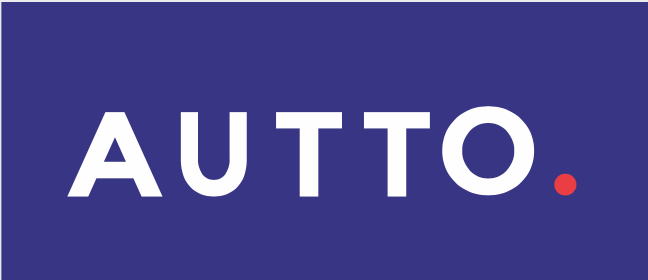
By Ian Gosling, Founder and CEO of AUTTO.
As we approach Legal Week in New York, we reflect on the past year and how the role of General Counsel and the in-house lawyer continues to change and bring new challenges.
An increase in workload volume, greater demand to deliver advice, manage risk and ensure legal compliance as well as pressure to be more visible, more accountable and be seen to be running the department like any other part of the business, puts more strain than ever on General Counsels.
A response to these pressures has been the rise of Legal Operations (legal ops) as a discipline within corporate legal. The Corporate Legal Operations Consortium (CLOC) is the driving force behind legal ops and its CLOC Core 12 provides guidance to achieve operational excellence in 12 key legal ops functional areas. One of the Core 12 is technology where the vision is to “innovate, automate and solve problems with technology”. A key tool available to legal ops in this space that can handle the higher-volume, lower-complexity work that is typically carried out by generalist lawyers, is digital automation.
But we at AUTTO believe digital automation has implications far beyond ‘just tech’. We feel it offers legal teams so much more. Automation has impact in at least five more of CLOC’s core areas. In our recently published white paper we, along with some key figures in legal ops, explore this in greater depth. Here we present a summary of those thoughts:
- To improve Service Delivery, CLOC urges law departments to ‘match the right work to the right resource’ and break case work into pieces. Rather than assign work indiscriminately to the ‘usual’ resource, assign it to the best resource suited to deliver the best outcome at the best cost. That resource does not need to be human – it could be an automated workflow. Take contracting for example – the internal customer can be self-serviced by filling in, via an automated workflow, the first draft of a contract, that can then be checked and verified by the in-house legal team. Automation effectively triages what is the important information required in a fraction of the time, leaving counsel to do what they do best – practice law!
- Practice Operations – CLOC urges legal teams to be ‘freed up by FOCUSED practice operations’ as so often lawyers end up handling tasks that require no legal expertise at all. This adds unnecessary costs to the department and reduces lawyers’ ability to contribute elsewhere. The goal should be to minimise distractions with operational tasks and projects. Using automation to create customised workflows to handle the routine “keep-the-lights-on” business-critical work, replaces lawyers’ time with tech – this accelerates speed, reduces cost and mitigates risk.
- Knowledge Management is the practice of gathering knowledge, documenting it and then making it available for those who need it. And as we know in law, there is a LOT of knowledge! But as CLOC points out, often departments struggle to find and retain this knowledge and best practice. Most rely on unstructured “tribal knowledge” that fails to scale as the team grows, or costly repetition as people leave. CLOC encourages legal ops teams to take the lead in nurturing a culture of sharing, of mutual support and documentation across the organisation. Automation can be used in this space. Easy-to-create and use branching expert systems can be developed jointly with legal ops and legal experts together in key required knowledge areas. This helps to streamline requests without a lawyer needing to be called upon every single time a legal question or incident comes up. This is a way of both institutionalising knowledge and distributing it in a palpable manner for a General Counsel’s internal clients.
- Information Governance – Where does your company want to keep its single source of truth? The implementation of technology moves information governance beyond ensuring you have gathered and stored the right data under the right regulatory regime. It is about ensuring that the correct data is gathered at the optimal point in the process and stored in the right system. What if automation was used to create the information in the first place? These challenges would disappear. Consider contract documents, saved in a contracts database. By automating the creation of such documents, it accordingly creates a safe, modern information storage with monitorable access to all sensitive, confidential, or restricted material. If all information was created and stored like this the risk to the company of exposure is significantly lowered and information remains in compliance with corporate standards and legal imperatives.
- Business Intelligence – CLOC’s encouragement to “make better decisions through data” inspires better knowledge management. If you have the right data stored in the right place, it is easy to access and identify valuable metrics. Implementing automation into the creation of documents can build a culture of continuous improvement through data, not intuition. Clear measurable outcomes are identified, hidden trends uncovered, and new efficiencies found that really make a difference to the business.
Moving forwards, to help meet the challenges of in-house law, digital automation should be regarded and utilised as more than just a technology. But automation should also be seen as part of a suite of products, approaches and best practice that is available. Joining the legal expertise of lawyers and the legal ops ‘citizen developers’ ‘extensive knowledge of the applications available, no or low code automation can create robust solutions for the whole legal team.
If you’d like to read our white paper in full, please download here.
If you are interested in finding out how automation can help your business, please get in touch with us today to book a consultation.

[ Artificial Lawyer is proud to bring you this sponsored thought leadership article by AUTTO.]